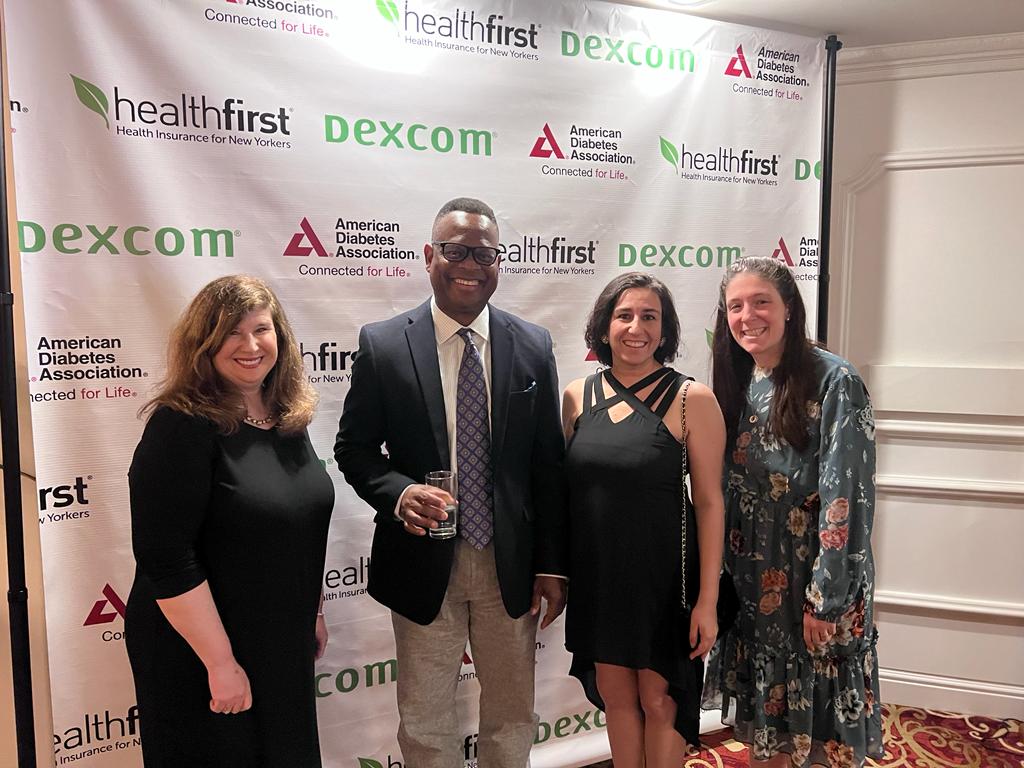Our Reporter, New York
The American Diabetes Association last month held its Research Dinner at the Garden City Hotel in New York, where it bestowed prestigious research awards on three researchers in the field of diabetology.
One of the recipients was Nigeria’s own Dr. Benjamin Udoka Nwosu, the Chief of Endocrinology at the Cohen Children’s Medical Center of New York and a Professor of Pediatrics at the Zucker School of Medicine at Hofstra/Northwell.
Professor Nwosu presented a lecture on his seminal work on the use of vitamin D to prolong the honeymoon phase of type 1 diabetes. The honeymoon phase is the brief period following the diagnosis of type 1 diabetes when critical interventions can lead to positive long-term patient outcomes. Professor Nwosu’s work which was published in 2022, https://pubmed.ncbi.nlm.nih.gov/34913020/, was covered by the global press, https://www.wcvb.com/article/type-1-diabetes-treatment-umass-professor-december-22-2021/38596581. This work was featured in the Endocrine Society Reading Room, Endocrine Society Reading Room | Benjamin Nwosu, MD, on Vitamin D and Partial Remission in Pediatric T1D | MedPage Today, and is used for Continuing Medical Education courses in Endocrinology.
Professor Nwosu’s work now guides early approaches to the management of children with newly diagnosed type 1 diabetes at the Cohen Children’s Medical Center of New York and other institutions:
https://lsc-pagepro.mydigitalpublication.com/view/staywell-cohen-children-s-medical-center-of-new-york/cohen-children-s-health-touchstone/winter-2023. The impact of Professor Nwosu’s work is that the prolongation of the honeymoon phase of type 1 diabetes results in significant reductions in the degree and occurrence of long-term complications of type 1 diabetes. He showed that high-dose vitamin D could reduce inflammation at the level of the pancreatic beta-cells and lead to more prolonged survival of the remaining beta-cells. The wonderful evening was capped off by lectures by the other awardees and testimonials from patients and their families. Professor Nwosu’s research shows that the future is promising for patients with type 1 diabetes.

